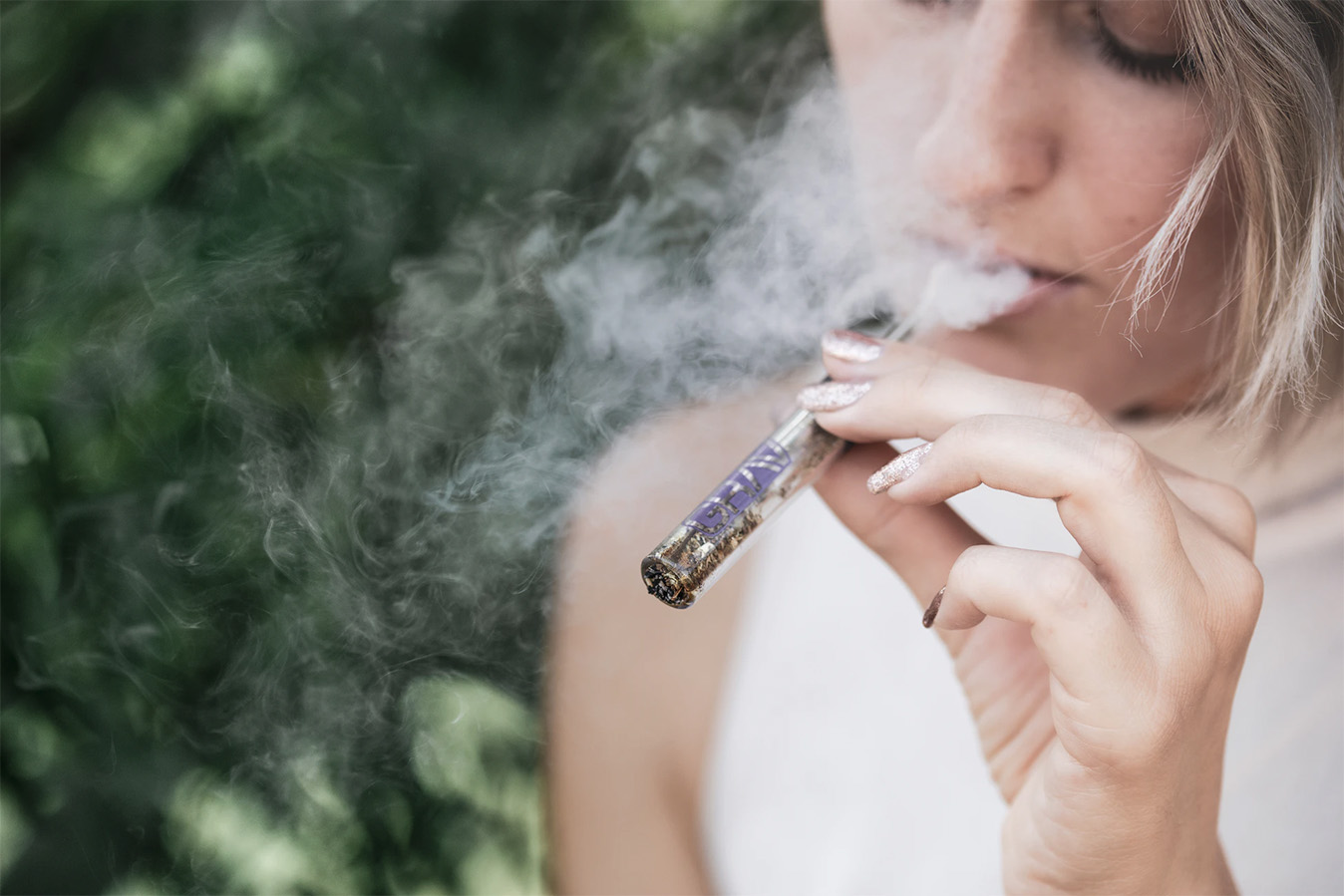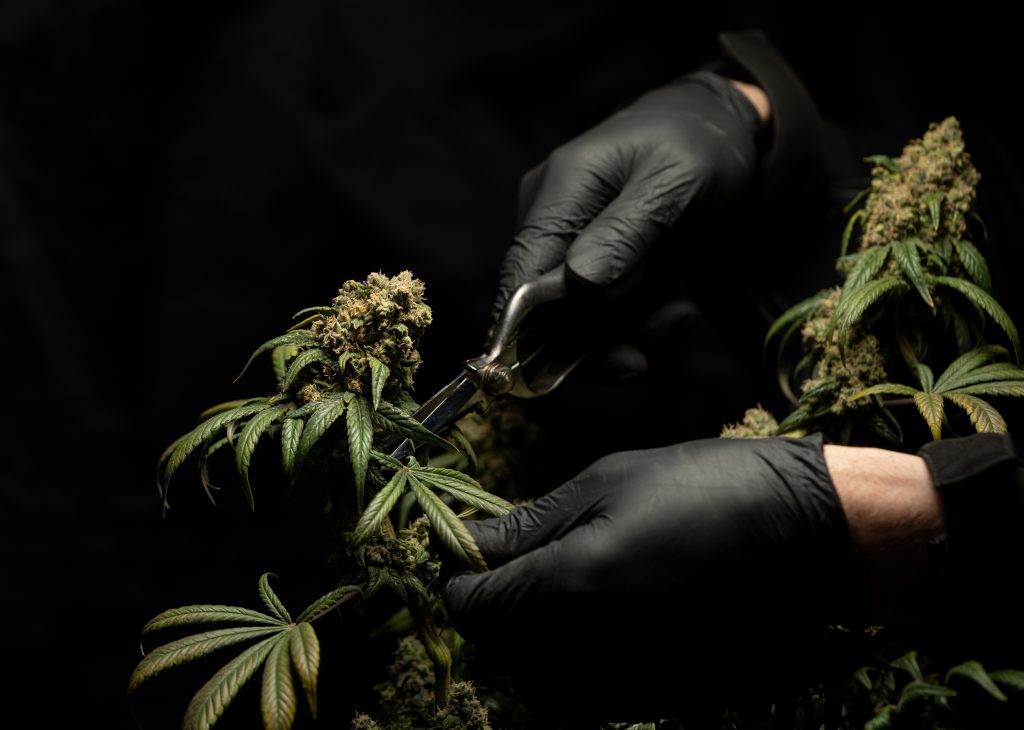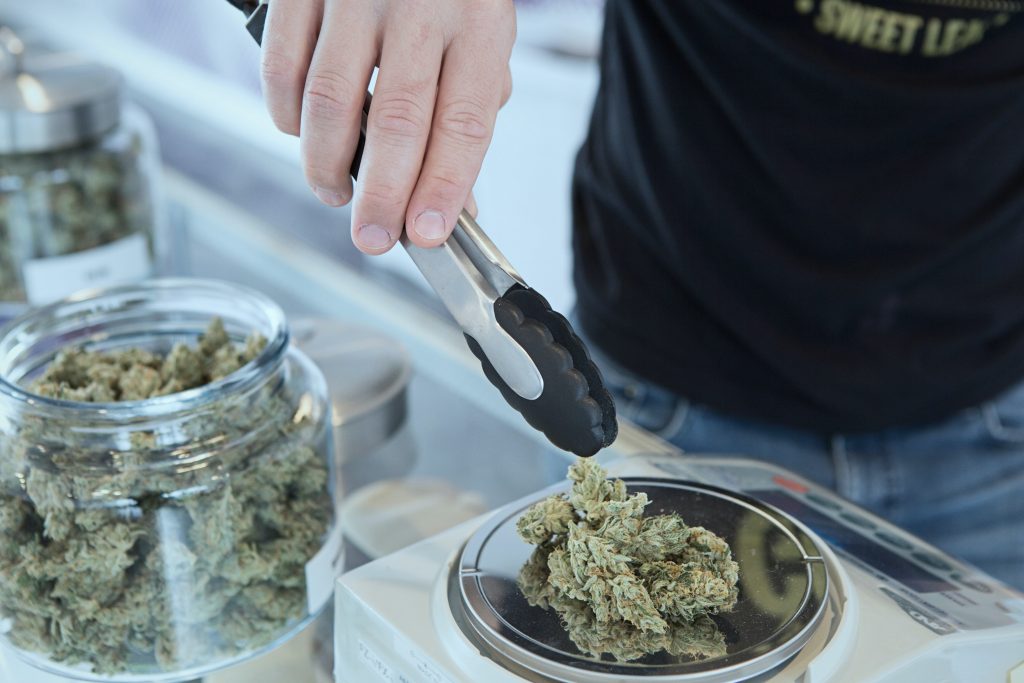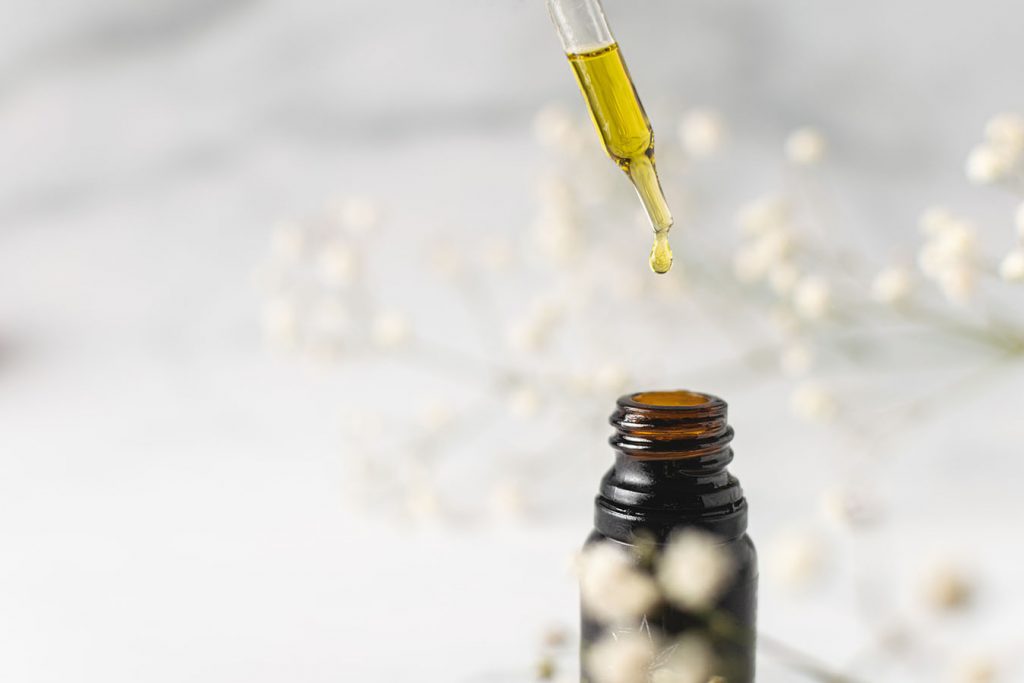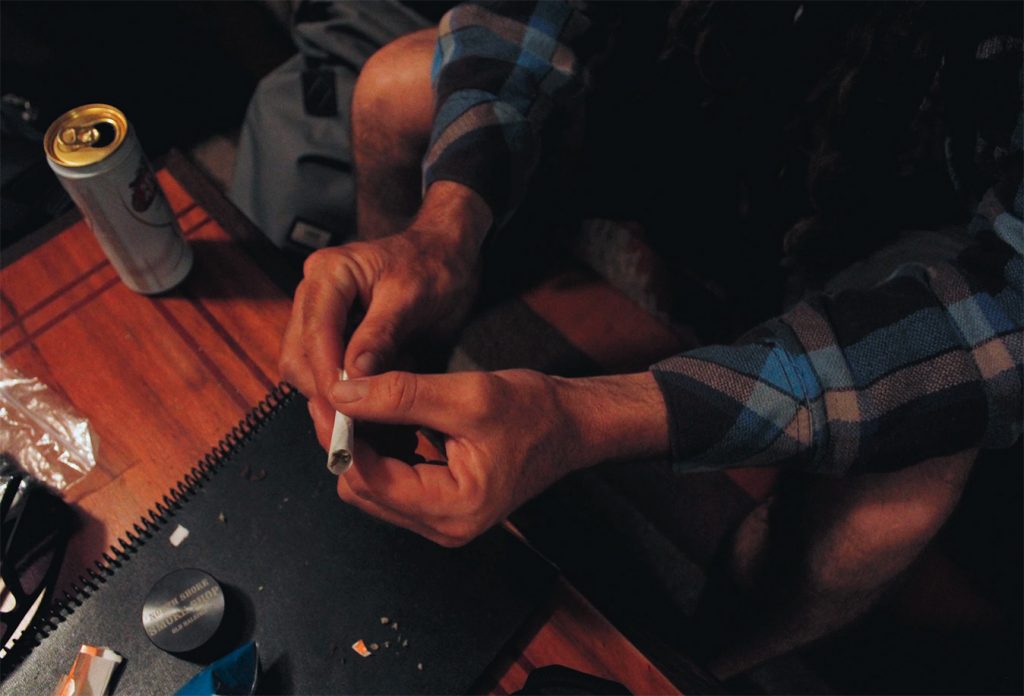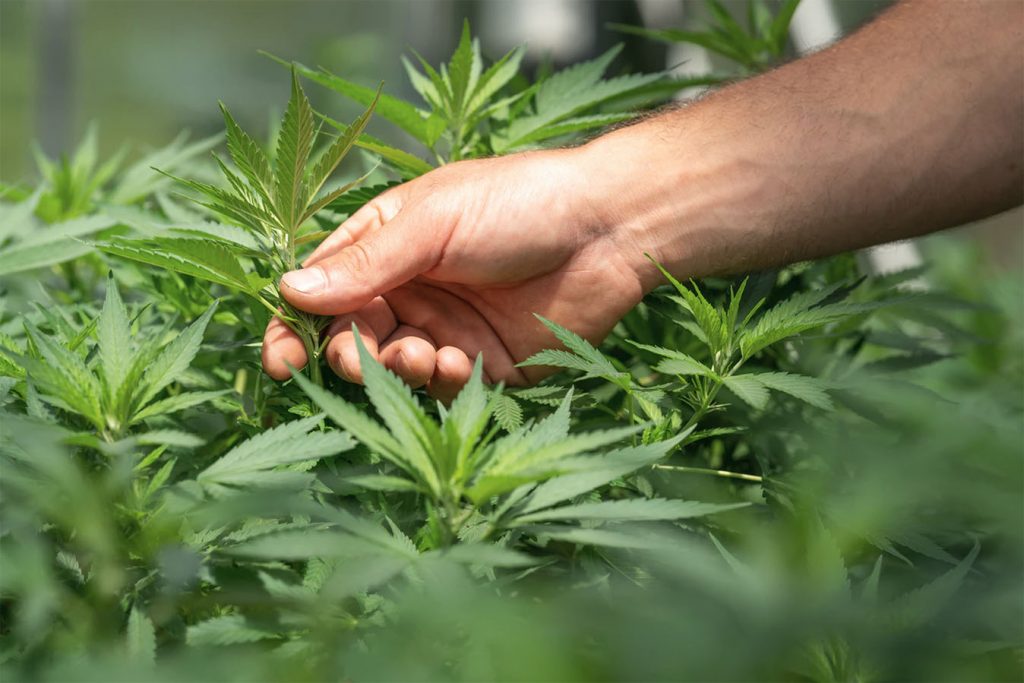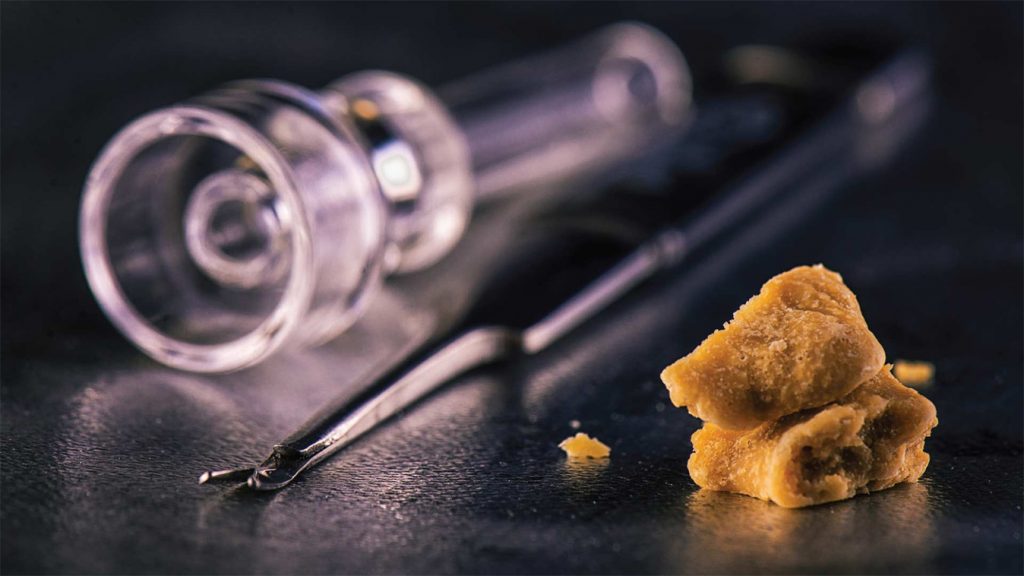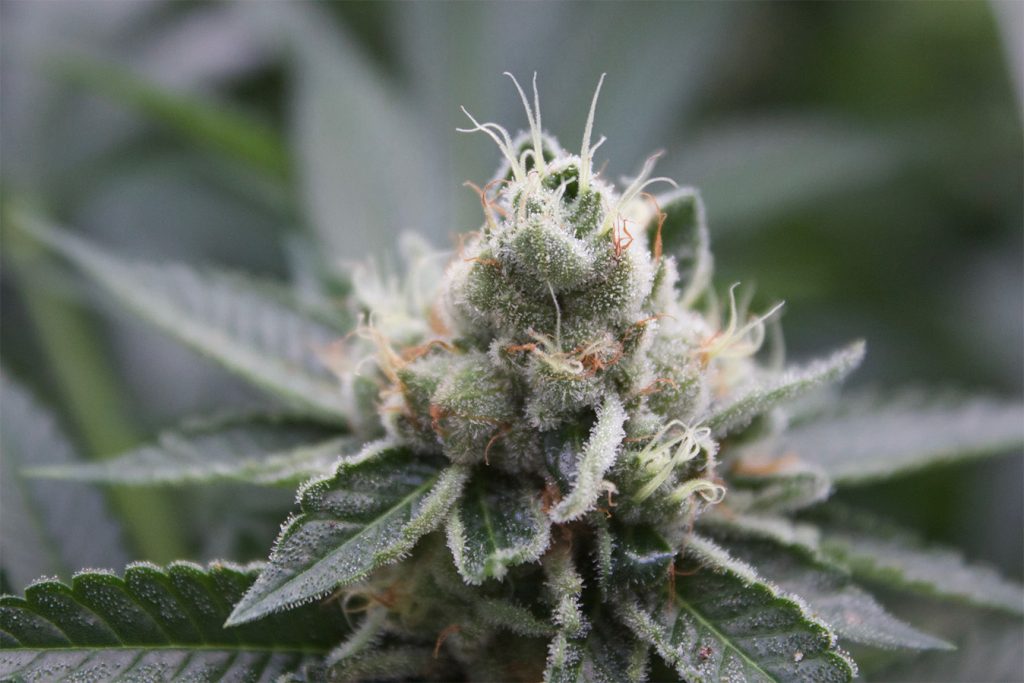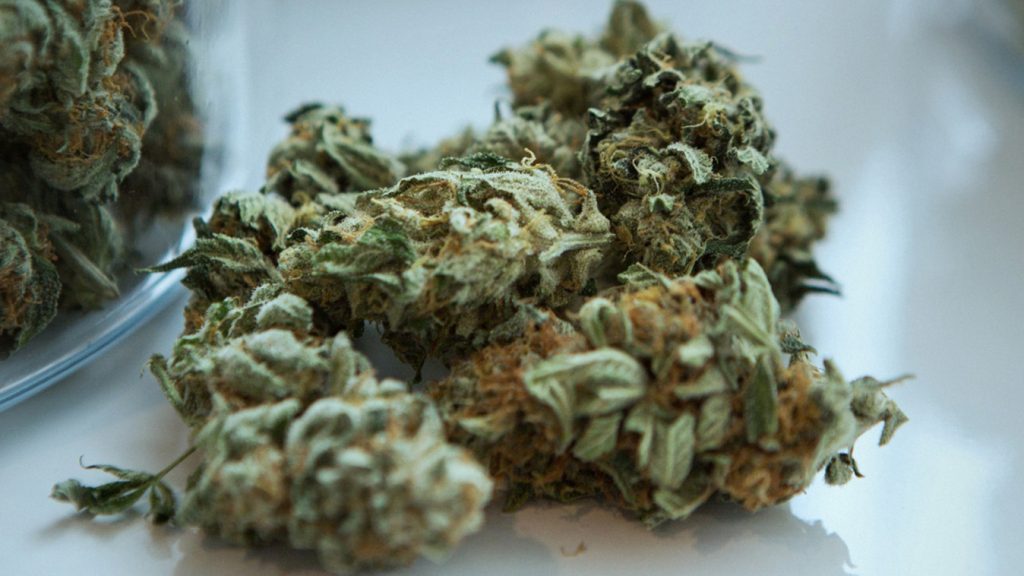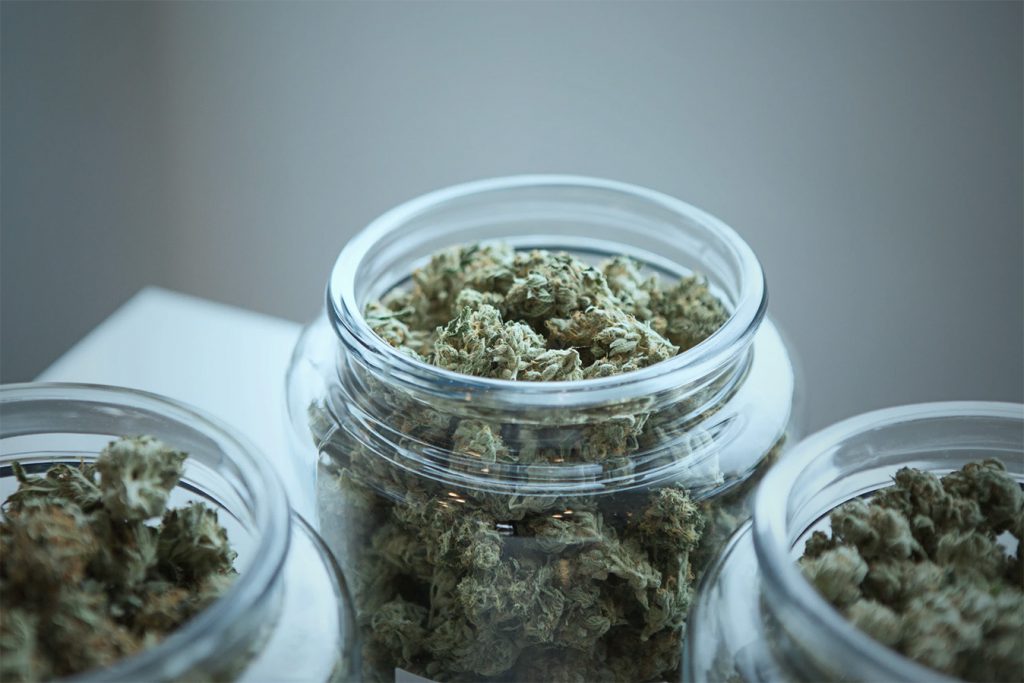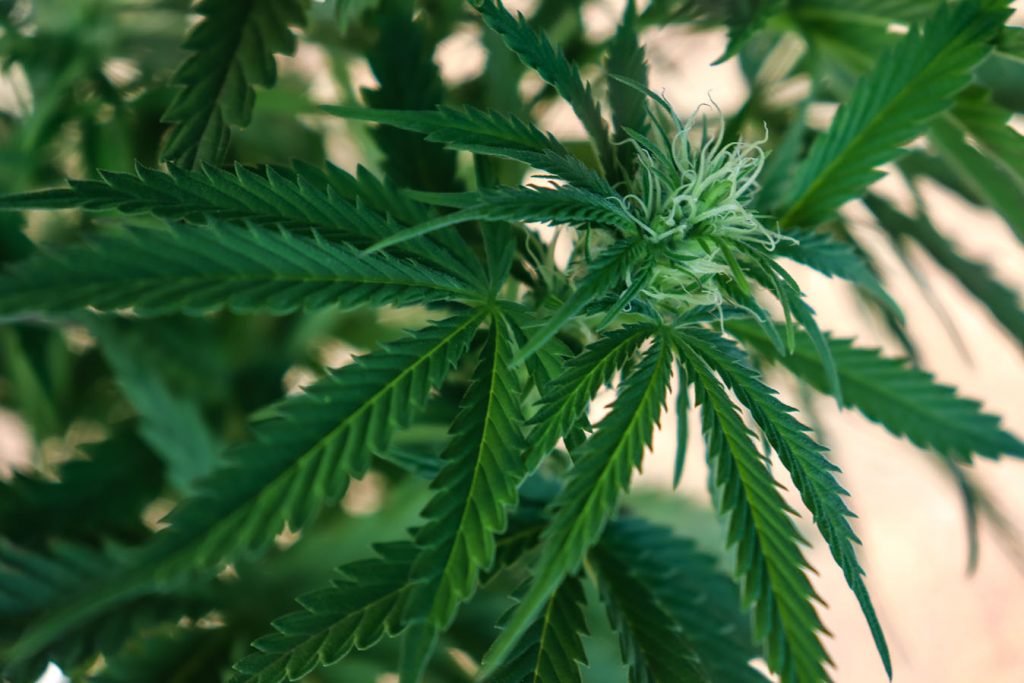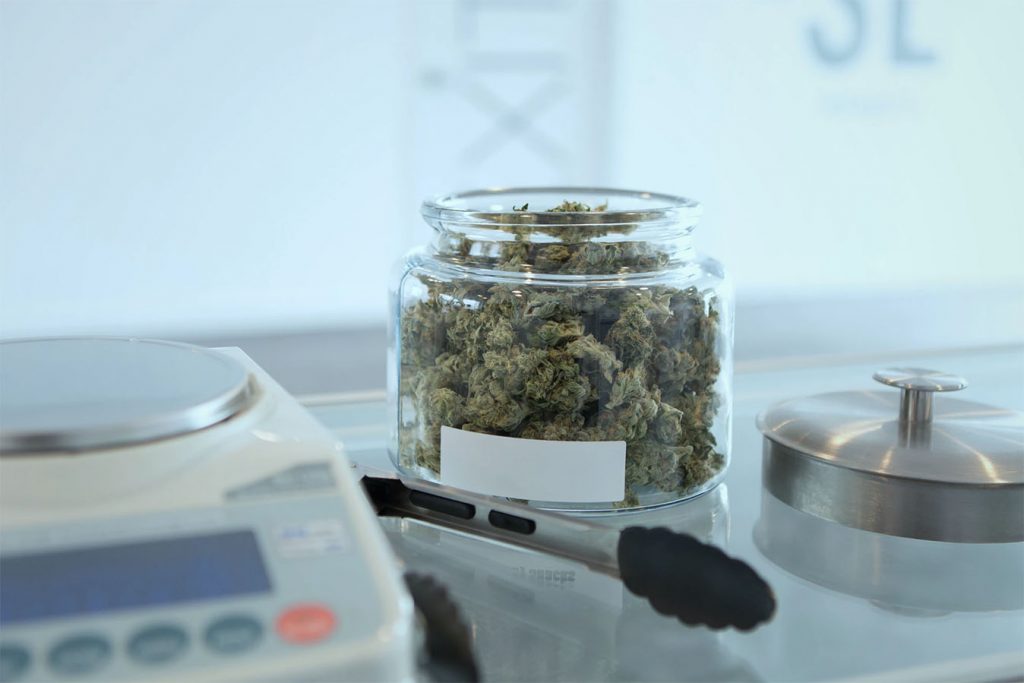For those who need cannabis medically, it may need to be taken throughout the day. Pain tends not to strike at convenient times, after all. So here’s some advice for those who may need to utilize cannabis throughout the day.
Patients often ask, “How much cannabis do I take, and when? What should I do if I feel uncomfortable or have a negative experience?” For those who use cannabis non-medically, using cannabis can simply be a matter of “keep it to the evenings and weekends,” but frankly if a wake-and-bake adds a little sparkle to the banalities of your day, that’s your choice.
Edibles; the keyword is microdose
Many people want to avoid smoking, so they tend to think “I’ll use edibles instead”. This is usually not a good way of introducing yourself to cannabis, as eating cannabis is much stronger and longer-lasting than vaporizing or smoking cannabis, and there are some very strong edibles out there.
Of course, the strong and long-lasting effects of edibles can be a positive thing for those who need it. Yet, the effects of edibles can be overwhelming. Perhaps the ideal way to take edibles, at times even for experienced cannabis users, is to microdose. This is especially the case when it comes to tetrahydrocannabinol (THC). The best way to take edibles is to take it slowly, and eat edibles with low amounts of THC in them over a long period of time – say, a small amount (e.g. 5 mg or less) every 1-2 hours – and stopping as soon as you feel you are not in too much pain anymore.
Thankfully, there are many products out there with 5 mg or under of THC, but it’s still best to be careful – many edibles often contain far more THC in them than labelled, and sadly proper testing is not commonplace enough.
CBD-infused products
CBD doesn’t have the same level of psychoactive effect as THC, and when CBD:THC ratios are 1:1 or higher, then psychoactive effects may usually not be as overwhelming. CBD:THC ratios of 2:1 or greater tend to have little-to-no psychoactive effect. CBD seems to modulate the effects of THC, and some people may even use a CBD-rich product to “buffer” THC’s side-effects (e.g. disorientation, lapses in concentration etc.) should they have a negative experience.
The reasoning behind using CBD to reduce the potency of THC is that CBD is a negative allosteric modulator of CB1 receptors. This means that CBD indirectly influences the effects of a receptor agonist or inverse agonist at its receptor protein site. However, this is just a theory rather than a fact, and human trials have shown a variety of results. In some instances, CBD may help THC last longer (and vice-versa), or may not have any major effect at all. Tetrahydrocannabivarin (THCV) is another cannabinoid that be a negative modulator, as well as having a high affinity for CB2 receptors. This may help explain why some landrace sativas may have strong but shorter-lasting effects – they tend to have little-to-no CBD and some THCV.
Cannabis and work
This is a difficult one. Of course, people who need to utilize cannabis throughout the day may be thinking, “How can I work and stay medicated at the same time?” Many people use high-CBD products and/or microdose small amounts of THC for this purpose. However, workplace policies mean that many may have to be very careful of using cannabis – even non-psychoactive types or products – when at work. Insurance companies, whether health or otherwise, tend not to look at cannabis too kindly. You don’t want to lose your job and health insurance, and you certainly don’t want to get your business in trouble. Should you work in such a place, it is perhaps best to keep any cannabis use out of work hours, and perhaps use it before/after work.
Can negative experiences be prevented?
We’ve already mentioned a couple of potential things you can do above. Using CBD may help overcome the negative effects of THC, and microdosing and taking your time also helps prevent a negative experience. Others, such as Neil Young, suggest chewing on black peppercorns, which contains the terpenoid beta-caryophyllene. This could well work, as beta-caryophyllene may well interact with cannabinoids and induce a calming effect. Keeping well-fed and hydrated may also help.
